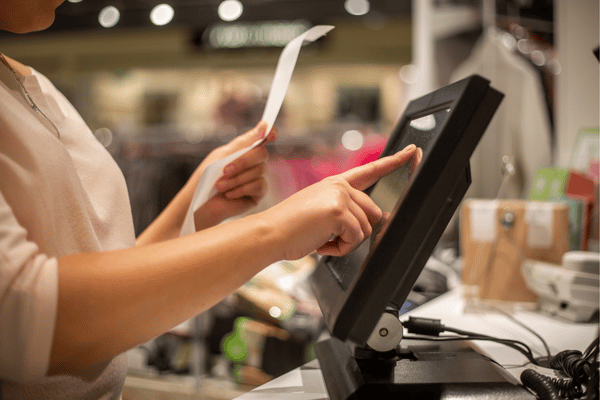Why POS Is Crucial for Retail Sales Optimization

In today’s competitive retail environment, the difference between a thriving business and one that struggles often comes down to operational efficiency and smart decision-making. One of the most powerful tools available to modern retailers is the Point of Sale (POS) system. Far from being just a cash register, a modern POS system is a comprehensive sales, inventory, and customer management solution. Here’s why POS is crucial for retail sales optimization and how it can significantly impact a retailer’s bottom line.
1. Real-Time Inventory Management
One of the biggest challenges retailers face is managing inventory accurately. An optimized POS system keeps track of stock levels in real-time, automatically updating quantities with every sale or return. This means retailers can avoid stockouts, reduce overstocking, and make smarter purchasing decisions based on actual sales data. By ensuring the right products are available at the right time, a POS system directly contributes to improved customer satisfaction and increased sales.
2. Streamlined Checkout Experience
The checkout process is a critical touchpoint in the customer journey. A long or frustrating experience can easily lead to lost sales. Modern POS systems streamline the checkout by supporting multiple payment methods—credit/debit cards, mobile wallets, and even contactless payments. Some systems also offer mobile POS options that allow staff to complete transactions from anywhere in the store. Faster, smoother transactions translate into happier customers and higher conversion rates.
3. Detailed Sales Analytics
Data is king in retail, and a good POS system provides powerful analytics tools. Retailers can access insights into their best-selling products, peak shopping hours, average transaction size, and more. These insights allow for smarter merchandising, better staff scheduling, and targeted promotions. By identifying sales patterns and trends, retailers can optimize stock, pricing, and marketing strategies to maximize profits.
4. Customer Relationship Management (CRM)
POS systems often include CRM features that help retailers build stronger relationships with their customers. By capturing data such as purchase history, preferences, and contact information, businesses can personalize the shopping experience. This data can be used to create loyalty programs, send targeted promotions, and improve customer retention—all of which lead to increased sales and long-term customer value.
5. Employee Performance Tracking
Sales optimization isn’t only about customers and inventory—employees play a crucial role as well. POS systems can track individual staff performance, such as sales volume, average transaction size, and upselling success. This data helps managers recognize top performers, identify training needs, and align employee incentives with business goals. Motivated and well-trained staff are more likely to deliver excellent service, which in turn boosts sales.
6. Multi-Channel Selling Integration
Many modern retailers operate both online and in-store. An advanced POS system can integrate with e-commerce platforms, creating a seamless omnichannel experience. Inventory and customer data are synchronized, ensuring consistency across all channels. This enables features like click-and-collect, in-store returns for online purchases, and unified promotions. A connected sales ecosystem ensures that no revenue opportunity is missed.
7. Reduced Human Error
Manual processes are prone to mistakes—whether it’s entering the wrong price, miscounting inventory, or forgetting to apply a discount. POS systems automate many of these tasks, reducing the risk of costly errors. Accurate data ensures better decision-making, fewer lost sales, and more consistent customer experiences.
Conclusion
The importance of a POS system in retail sales optimization cannot be overstated. It’s more than a tool—it’s the backbone of a successful, data-driven retail operation. By providing real-time insights, improving customer experiences, and streamlining operations, a POS system empowers retailers to make smarter decisions that lead directly to increased sales and long-term business growth.






